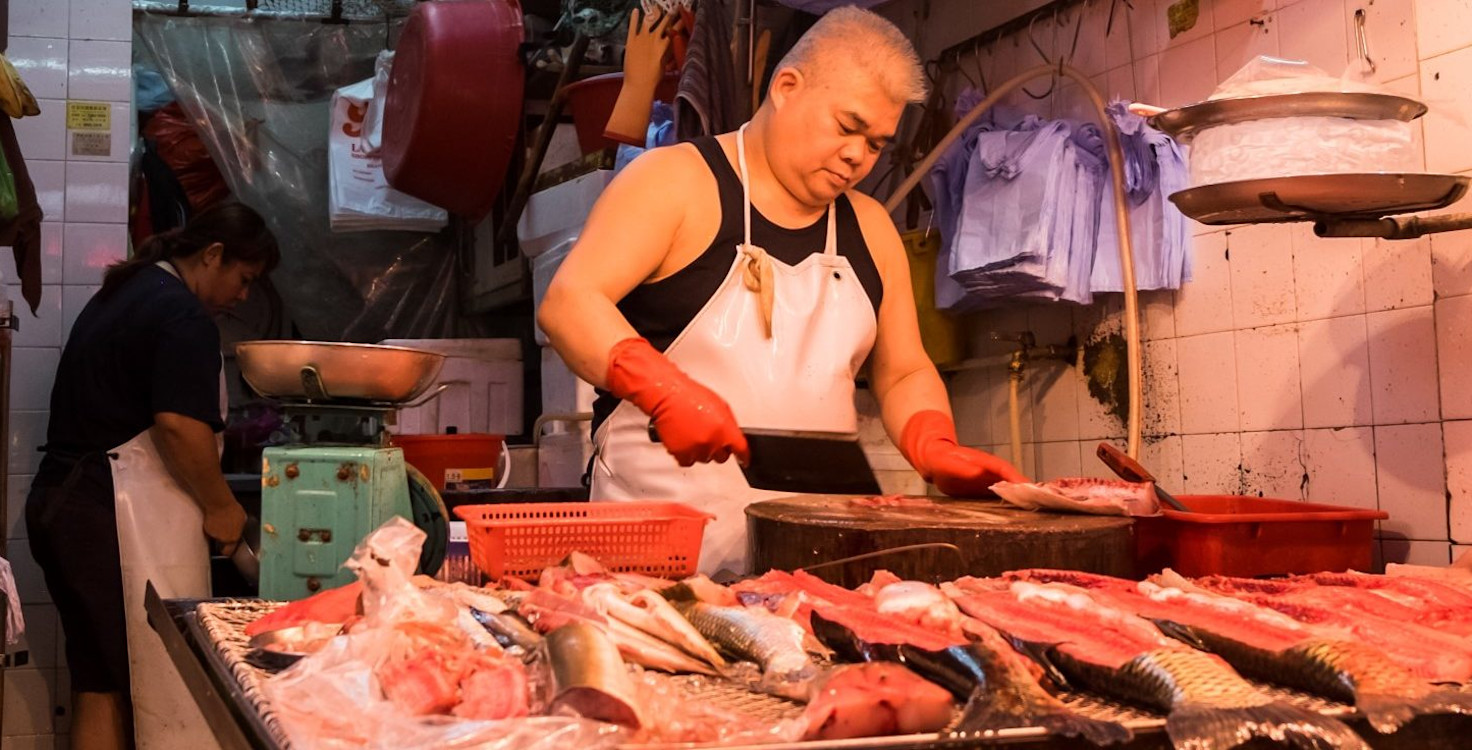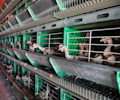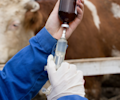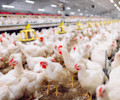Last weekend (13 June), the Xinfadi food market on Beijing’s southeastern side was closed while 11 neighbourhoods around it were locked down. This occurred after more than 50 people in the capital tested positive for COVID-19 – the city’s first confirmed cases in 50 days. The virus is thought to have come from salmon imported into the market.
In response to the story, Jeremy Coller, Founder of the FAIRR Initiative, commented:
“The disastrous COVID outbreak at the Xinfadi food market in Beijing, which seems to have come from a salmon chopping board, has reinforced the urgent need for the meat and fish industry to improve biosecurity and screening practices. Not just at markets and not just in China, but along the global supply chain including the slaughterhouses and processing plants.
“New research this month from FAIRR showed conditions at 70% of the world’s largest meat, fish and dairy producers are at ‘high risk’ of fostering future zoonotic pandemics – which means an enormously costly root and branch overhaul of practices is required, and immediately. The question is who pays?
“Governments will be deciding whether to increase the huge subsidies that flow to the meat and fish industry, or whether in the post-COVID landscape governments may impose extra taxes on meat like those levied on tobacco.
“A meat tax is becoming an increasingly likely method of raising the public funds that will be needed to reduce the health and environmental risks created by the factory farming industry.”
According to the OECD, governments spend an estimated $35 billion worldwide every year to subsidise the fishing sector alone.











